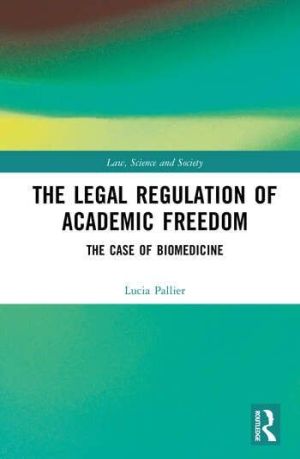
This book compares and examines the ways in which law addresses and resolves conflicts between academic freedom and responsibility. Academic freedom is an important value in the modern scientific and technologically driven world. Societies depend heavily on the commodities of scientific progress, especially in essential sectors such as health care and, as a result, research is now carried out in an increasingly globalized context protected by national and international law. This freedom can, however, be problematic if it is decoupled from a commitment to academic responsibility, scientific rigor, and good professional conduct. Focusing on the example of biomedical research, this book examines how various legal systems address the interplay between academic rights and duties. More specifically, it considers the tension between national constitutions and legal doctrine, which tend to focus on concepts such as science-inherent laws or professional standards, and international law, which establishes a right for everyone to enjoy the benefits of scientific progress, thereby implying a duty on the part of the academic community to conduct science in a way that maximizes its benefits to society at large. The book concludes by proposing policy reforms that aim to balance these demands, and thus reduce tensions within the academic system.
This book will appeal to scholars and students working at the intersection of law and science, as well as policymakers and STEM scientists concerned with issues of academic freedom.